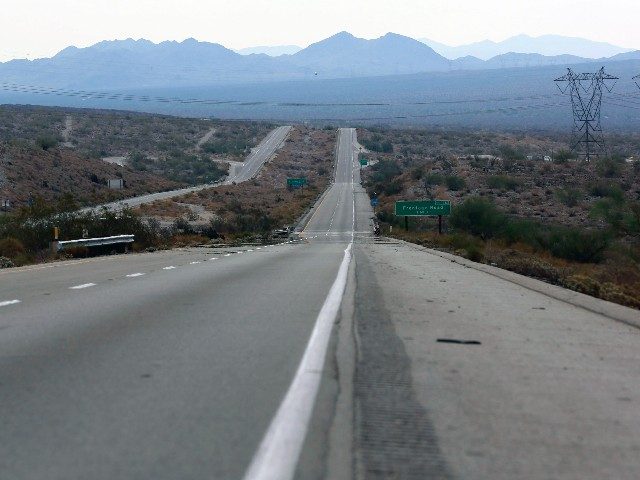Skyrocketing U.S. gas prices are affecting Americans in their day-to-day life, forcing them to cut back in certain fundamental areas, including driving, a Rasmussen Reports survey released Thursday found.
According to the survey, 66 percent said they are actually driving less because of rising gas prices — a seven-point rise from the 59 percent who said the same in March. Further, a majority, 57 percent, of U.S. adults say the ever-rising price of gas has affected their vacation plans, while just over one-third, 36 percent, said it has not.
Per Rasmussen Reports:
Eighty-two percent (82%) say rising gasoline prices are a serious problem for their personal budget, including 60% who say higher gas prices are a Very Serious problem. These findings have changed little since March.
…
More Republicans (75%) than Democrats (51%) or those not affiliated with either major party (57%) say rising gas prices are a Very Serious problem for their personal budget.
By a 20-point margin, more Republicans (71%) than Democrats or unaffiliateds (both 51%) say the rising price of gasoline has affected their vacation plans for this summer. Republicans are also significantly more likely to say they have cut back on driving because of higher gas prices.
The survey comes on the heels of U.S. gas prices hitting another record high on Thursday. According to AAA, gas prices reached an average of $4.970 for regular gas, reflecting a $0.25 rise in the last week and $0.64 cent rise in the last month. The average price of gas in 20 states is now over $5.00 per gallon. For further perspective, the average price of gas in November 2020 hovered around $2.20, rising well over $1.00 over the course of the following year.
According to GasBuddy, the national average price of gas now tops $5.00:
The Rasmussen Reports survey was taken June 1-2, 2022, among 1,000 U.S. adults and has a +/- 3 percent margin of error.
A late March Quinnipiac University survey also found that rising prices were affecting the routines of Americans, as one-third indicated they were cutting back on groceries to afford gas.

COMMENTS
Please let us know if you're having issues with commenting.